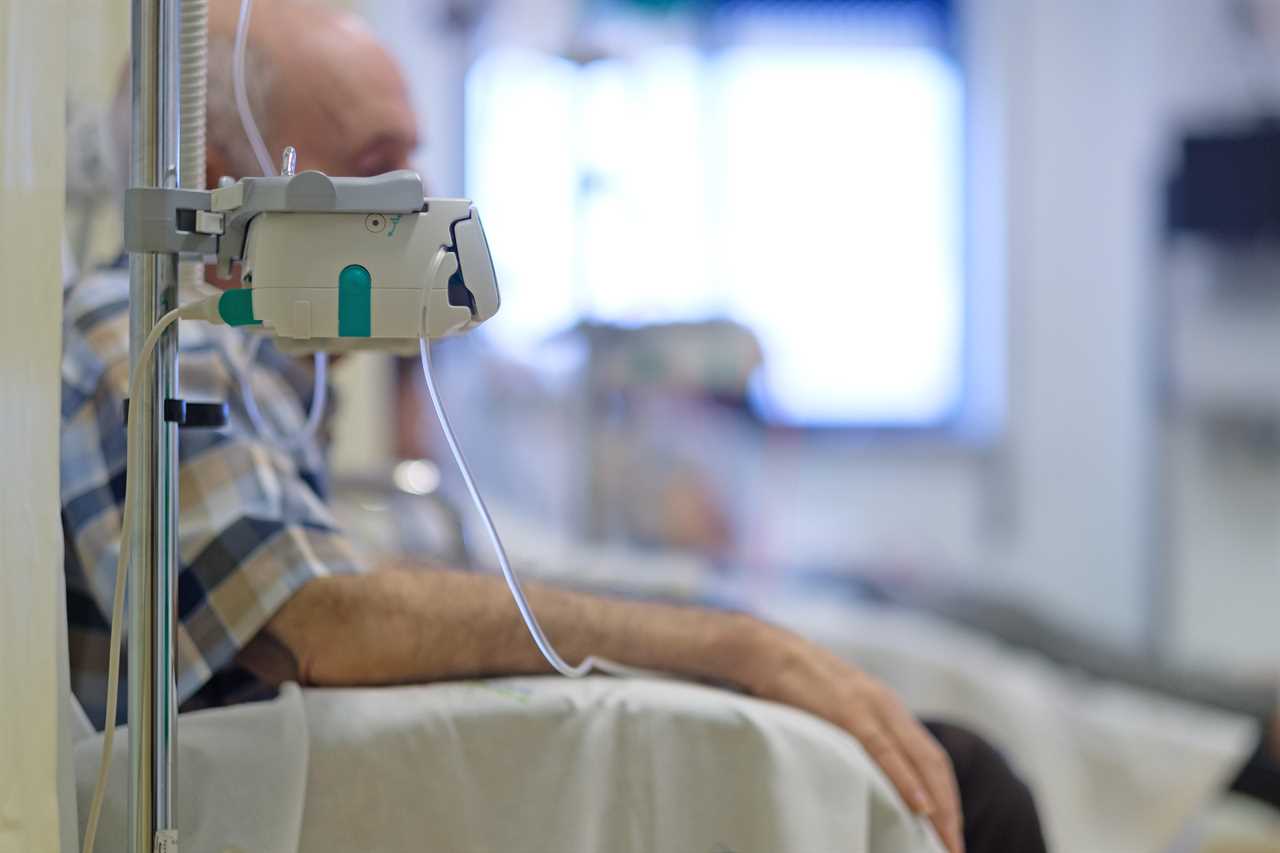
Shortchanged and Left Behind
According to Cancer Research UK, thousands of Brits are missing out on cancer treatment that could potentially lengthen their lives. Studies have shown that compared to countries like Australia, Canada, and Norway, British cancer patients are less likely to receive chemotherapy or radiotherapy for their tumors. In particular, those over 85 are especially short-changed, with three times more elderly patients receiving chemotherapy in Australia than in the UK.
Survival Rates Lagging Behind
With around 400,000 cancer cases diagnosed every year in the UK, our survival rates fall behind countries such as France, Japan, and the USA. Cancer Research UK has highlighted that while four in 10 British patients should be receiving radiotherapy, only two in 10 actually do, potentially leaving 80,000 patients without crucial treatment annually.
Rising Cancer Cases and Deaths
Experts predict that yearly cancer cases in the UK will increase from 450,000 in 2022 to 625,000 by 2050, with deaths expected to rise from 182,000 to 279,000. This emphasizes the urgent need for improved early diagnosis and swift treatment as the prevalence of cancer continues to grow alongside our aging population.
Call for Action
The International Cancer Benchmarking Partnership conducted two studies revealing missed opportunities for UK patients to receive life-prolonging treatment. Dr. John Butler, clinical leader at the ICBP, emphasized the importance of timely treatment for aggressive cancers like ovarian, lung, and pancreatic cancer, as delays could significantly impact survival rates, especially for older patients.
Cancer Research UK's chief executive, Michelle Mitchell, urged the UK Government to prioritize cancer care improvements, as other countries have successfully done. With a looming general election, there is a crucial opportunity to enhance cancer services and provide better outcomes for those affected by the disease.






